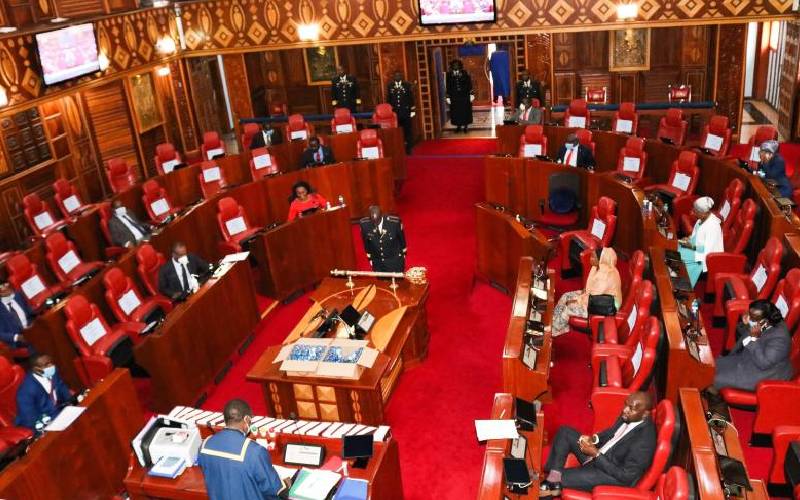×
The Standard e-Paper
Stay Informed, Even Offline

Drama over sharing of revenue between national and county governments and among the 47 county governments themselves has become an annual ritual. Articles 217 and 218 of the Constitution create a framework for division and sharing of revenue after every five years and on an yearly basis, respectively.